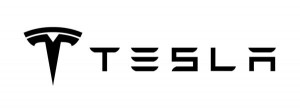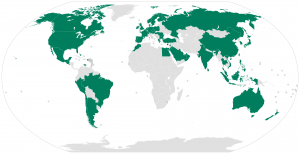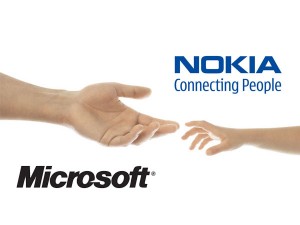(Picture taken from:
http://www.forbes.com/sites/hengshao/2014/11/10/alibabas-ambition-make-chinas-largest-24-hour-sale-a-daily-norm/)
The online retailer Alibaba has announced after the first hour of the annual discount sales event that 2 billions of goods has been sold. This astounding number was further explored that over 45% of the trades were mobile and goods from overseas markets. The 11th of November, a special day for Chinese as they celebrate if they are single. Alibaba came out with the idea that every year, on the 11th of November, single people should celebrate the singles day by spending money to shop. Therefore, Alibaba platform introduced “The Singles Day” in 2009 and it gradually became a “tradition” nowadays.
This event has obviously attract the crowds, whatever the quality of the goods are, because Alibaba has done a great job on marketing this event, got it played in the right way. The marketing strategic that Alibaba used were aimed at the group of consumers who have strong desire to spend money or to shop. Alibaba has made it clear that this event has to be a massive sale in order to attract consumers. This strategic has proven its efficiency and also brought everyone’s attention to the future of E-commerce.
Reference:
“Alibaba Singles’ Day Sales Pass $9bn.” BBC News. N.p., n.d. Web. 10 Nov. 2014. <http://www.bbc.com/news/business-29999289>.





